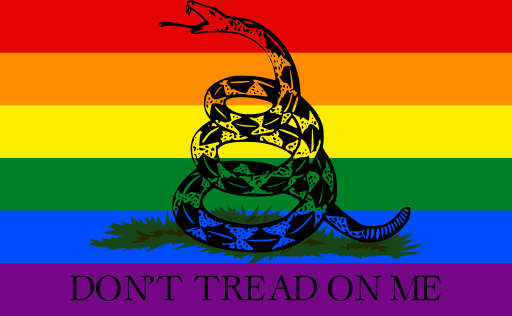“Is school choice bankrupting Arizona?” Jason Bedrick and Corey DeAngelis dispute claims to that effect by governor Katie Hobbs and State Representative Andrés Cano; their own viewpoint is in the title of their Wall Street Journal op-ed “School Choice Saves Arizona Money” (June 5).
It will come as no surprise that Hobbs and Cano are Democrats, or that Bedrick and DeAngelis are conservatives, fellows at the Heritage Foundation and the American Federation for Children (affiliated with the American Legislative Exchange Council rather than a youth brigade of the American Federation of Teachers). But how closely do the predictable lines on the issue really align with the sides’ averred principles?
After all, liberals trace their philosophical roots to John Stuart Mill’s On Liberty, which suggested that government “leave to parents to obtain the education where and how they pleased, and content itself with helping to pay the school fees of the poorer classes of children.” Mill’s observation that exceeding such a relatively modest involvement in schooling does “now convert the subject into a mere battlefield for sects and parties, causing the time and labour which should have been spent in educating to be wasted in quarrelling about education” sounds like it was written this week rather than in 1859.
And if modern liberals have shed the scruples about government spending of even moderate classical liberals like Mill, it’s hard for them to object to it being misspent. If they agree with George Lakoff that “taxation is paying your dues, paying your membership fee in America,” then America — or a part of it like Arizona — gets to spend it as foolishly as its members allow it to, until they give up their membership. Some being spent via nominally private means doesn’t change the underlying caveat emptor.
Meanwhile, heavy subsidization has long become the status quo in education, crowding out more innovative approaches — as well as, ironically, more traditional parochial schools (and homeschoolers on both extremes). Bedrick and DeAngelis tout the partial control granted to parents over “a portion of their child’s state education funds” by so-called “Empowerment Scholarship Accounts.” Yet wouldn’t the truly fiscally conservative way to empower scholarship be simply not taxing that money away from parents in the first place?
It was far-leftists like Alexis Ferm who foresaw that schools might only be truly public if they were “sponsored by the groups that want to use them.” Joel Spring notes in Education and the Rise of the Corporate State that such self-funding was “precisely how the Modern School was organized” by Ferm’s comrades in the early twentieth century as “a model for the type of education center the radicals were to create as an alternative to the existing system.”
Their discoveries — and the rediscoveries of Spring’s generation of New Leftist scholars — have been ignored. Yet the way forward out of today’s education quagmire may be indicated by the meeting of Freedom Avenue and Justice Street in Piscataway, New Jersey on the forgotten site of the Modern School.
New Yorker Joel Schlosberg is a senior news analyst at The William Lloyd Garrison Center for Libertarian Advocacy Journalism.
PUBLICATION/CITATION HISTORY
- “Spending or Saving, Only Free Choice Can Make School Choice a Real Choice” by Joel Schlosberg, CounterPunch, June 8, 2023



